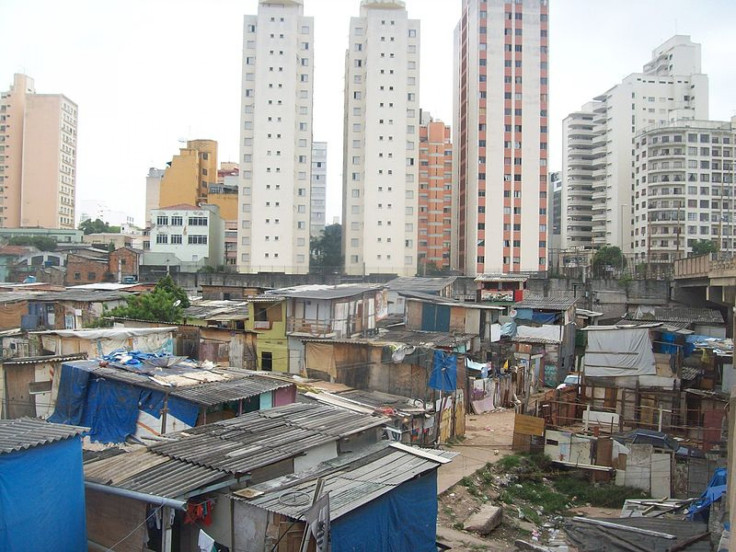As Latin American Economy's Growth Slows Down, Social Programs Suffer

The Latin American economy has significantly slowed down since the sprint of last decade, and according to the United Nations, is affecting the region in much deeper ways than a drop in GDP growth. Social programs and welfare have suffered a setback all through the continent, to the point that poverty has not decreased at all in a year; the number of Latin Americans that live below the poverty line in 2013 is the same as in 2012, the UN reported.
The Economic Commission for Latin America (ECLA) claims that not only has the number remained steady at 164 million across the continent, but the number of people in extreme poverty has actually increased from 66 million to 68 million. The ECLA takes into account official figures from every country in the region, including those that are often low-balled, like Argentina and Chile.
“These numbers are tightly related to the macroeconomic performance of the region,” the report states. “Extreme poverty has increased mostly because of the general inflation, which has made prices go up.”
Alicia Bárcena, executive secretary of the ECLA, said that the organization has tried to motivate countries to make structural changes to their policies. “The only good figure for poverty is zero. We want the countries to grow sustainably, with more equality.”
Changes in poverty are not homogeneous across the continent. Brazil and Colombia, for example, saw a decrease in the number in a year (from 20.9 percent to 18.6 percent in Brazil; from 34.2 to 32.9 percent in Colombia), whereas in Mexico there was distinct increase (from 36.3 percent to 37.1 percent). Central American countries share the worst part of the statistic with the highest percentages of population living under the poverty line, including Honduras (67.4 percent), Nicaragua (58.3 percent) and Guatemala (54.8 percent). Uruguay, with 5.9 percent poor population, is the country with the lowest percentage.
Public spending on issues relating to welfare showed a tendency to contraction from 2011 to 2012, though the report does not specify how much, due to a lack of data. The UN explains that this does not necessarily mean a decrease in the net amount allotted to welfare, but it does show efforts to prevent it from expanding.
The report also specifies that social programs received more funding before the 2008 financial crash – which demonstrates that when the economic situation gets better -- and many economists predict a slight recuperation in 2014 -- social programs often get back on track.
© Copyright IBTimes 2024. All rights reserved.











